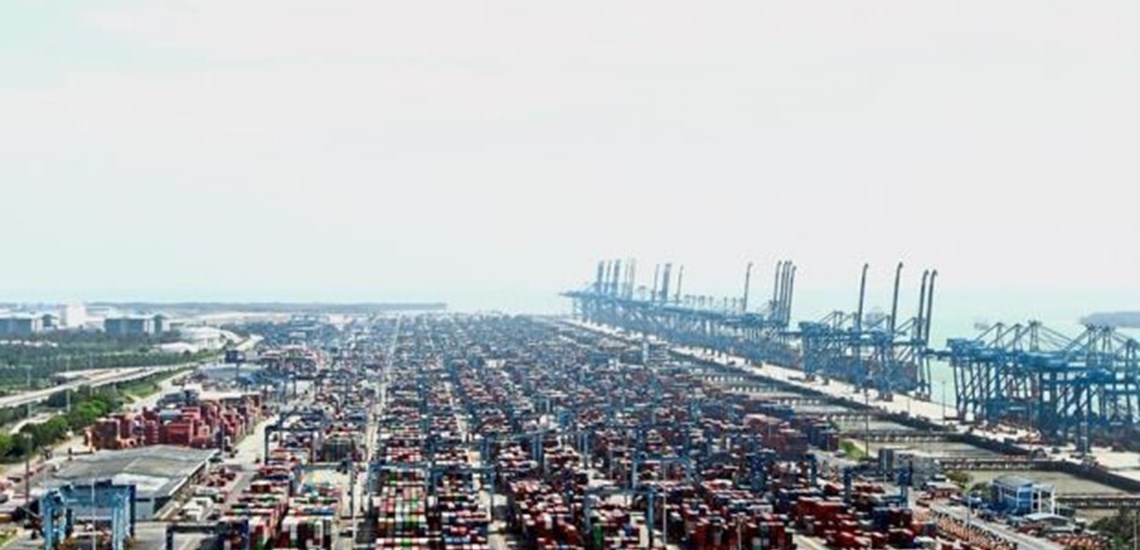Tyre Stewardship Australia cautions against exporting to unknown or uncertain end users abroad
TSA Highlights Export Issues
Dodgy overseas operators have caused approximately 100 shipping containers full of used tyres exported from Australia to Malaysia to be abandoned in Penang. Interestingly, in 2017 Malaysians were calling for a ban on tyre imports to Penang.
The tyres have been abandoned on the Penang docks after a local Malaysian operator, with no verified processing operations, brought the containers into Malaysia.
The case highlights that tyre recyclers offering cheap deals need to be closely examined to make sure they can deliver what they promise, and that they are genuinely providing reliable, sustainable and environmentally sound recycling of tyres.
In 2019, Tyre Stewardship Australia (TSA) launched the Foreign End Market (FEM) Verification Programme, a programme that aims to ensure used tyres and tyre derived products that leave Australia for reprocessing overseas do not cause environmental or social harm. (This is similar to the system used by the UK and most EU countries – the problem is that if no-one at the destination files the return, there is little that can be done, as we have seen from UK exports to India.)
The TSA FEM programme runs in association with Intertek, a global total quality assurance organisation with over 130-years’ experience and who is well placed to work with TSA in identifying high risk destinations.
Failure to use a site that has been checked and verified by TSA can result in fraudulent overseas operators, who are keen to make a quick buck, unceremoniously dumping tyres, as seen in Penang. This situation could see the environmental and financial liability fall back on the Australian company who shipped the tyres overseas.
It is unclear as to how dumping tyres that are supposed to have been paid for is profitable, but it certainly has a cost to the exporters.
Scammers see Australia as an easy target. The need to move material after the effects of Covid-19 are proving a ripe hunting ground for dodgy operators who offer a cheap alternative to that of verified locations.
“It is not good for business if it is impacting the environment,” says TSA CEO Lina Goodman. “If there is no home for the material at the other end, and if you cannot verify where it is going, then it is too good to be true. Get the location properly verified. A cheap deal could have far reaching ramifications, both environmentally and financially”.
These overseas operators are not only scamming Australian tyre recyclers and retailers, but also impacting other tyre recyclers who may have arrangements with TSA FEM verified locations.
“The consequences of dumping material – of which Malaysia seems to be the current hot spot – impact the entire tyre recycling industry. It can result in legitimate recyclers unable to access containers because the whole industry gets associated with these problem situations” Goodman says.
To date, as part of its FEM verification program, TSA has completed a total of 16 audits of locations in India, Malaysia, Korea and Thailand, including both online self-assessment questionnaires and face-to-face audits via independent organisation (Intertek).
“Whilst it is inevitable that some used tyres will be sold overseas, we want Australian tyre recyclers and collectors to be more vigilant and responsible about where they send their product” says Goodman.
“Whilst TSA cannot tell companies what to do, we do help our participants make informed choices – choices that are safer for the environment and society. Being accountable and seeking transparency along the supply chain is a mandatory step in being a good corporate citizen.”




















